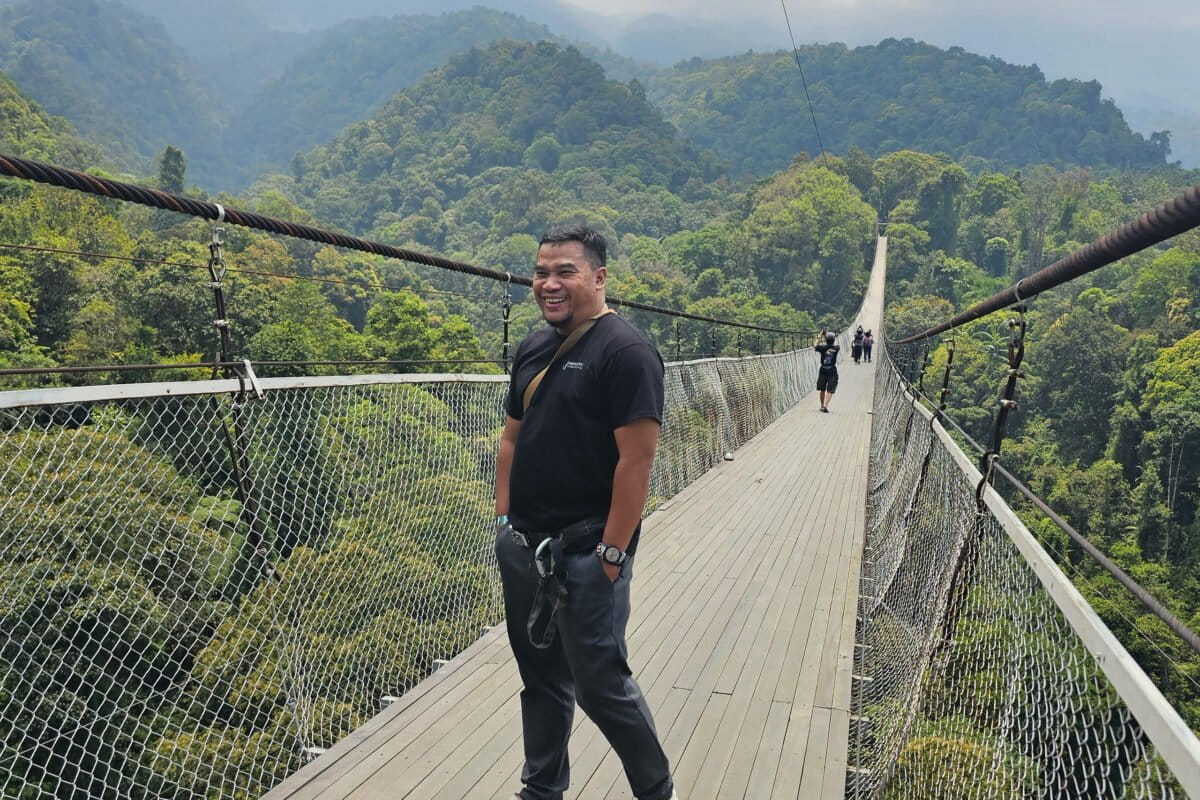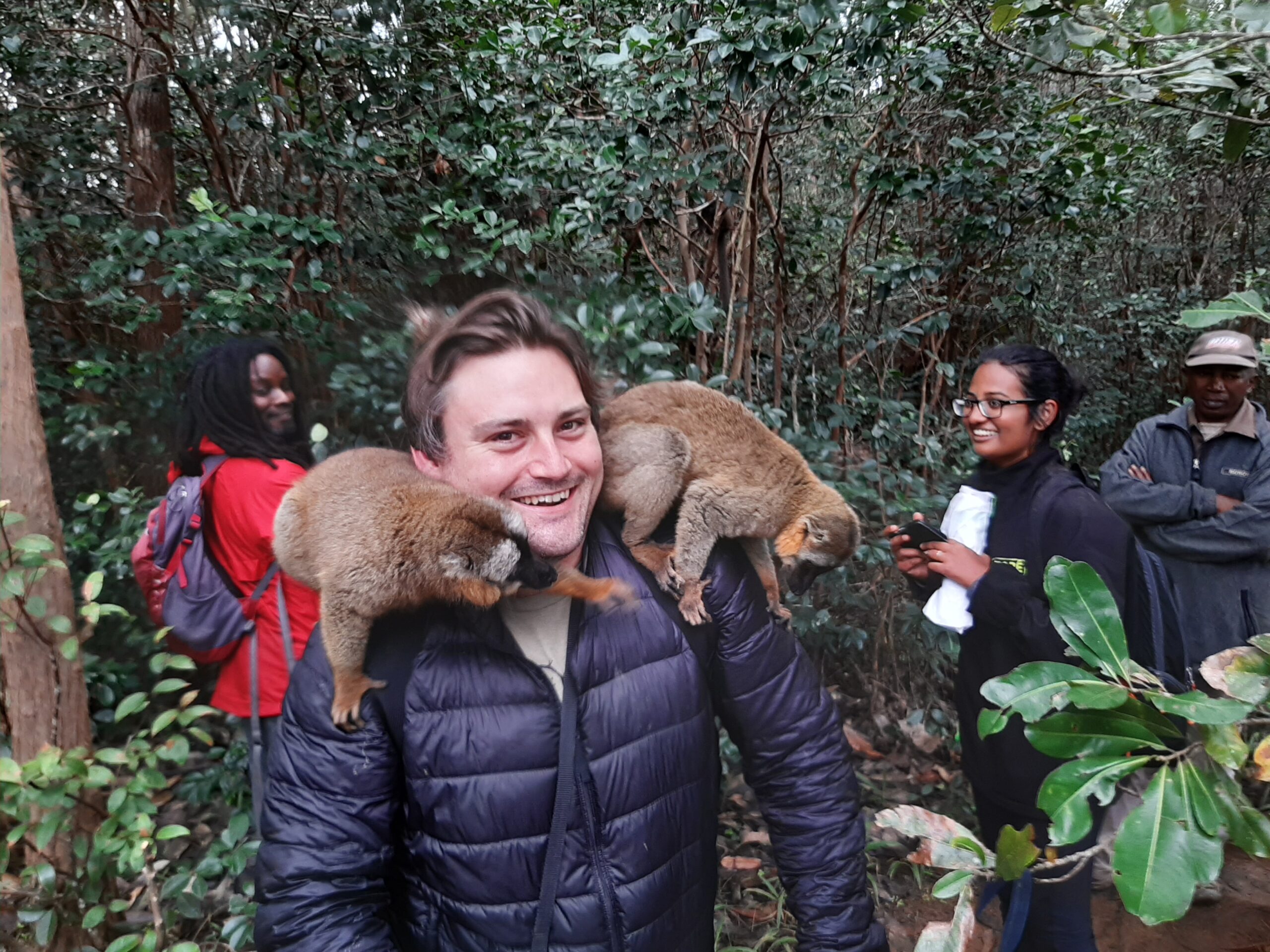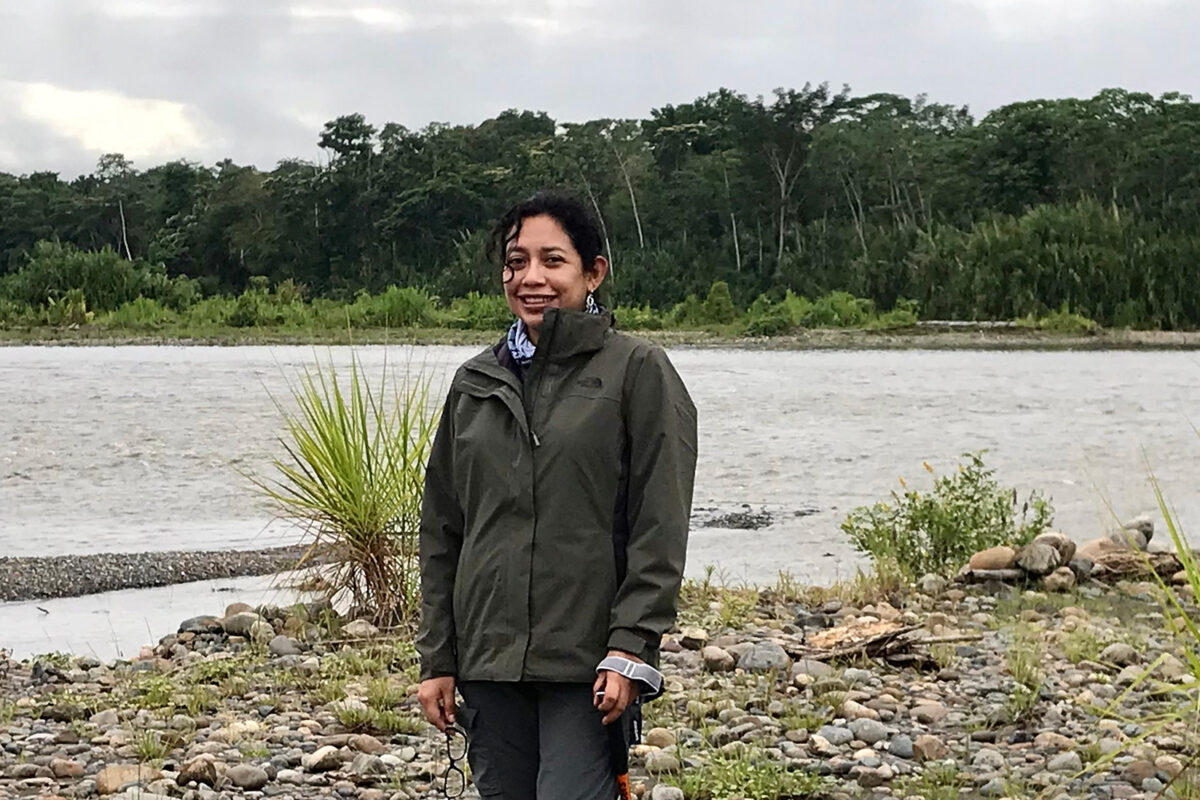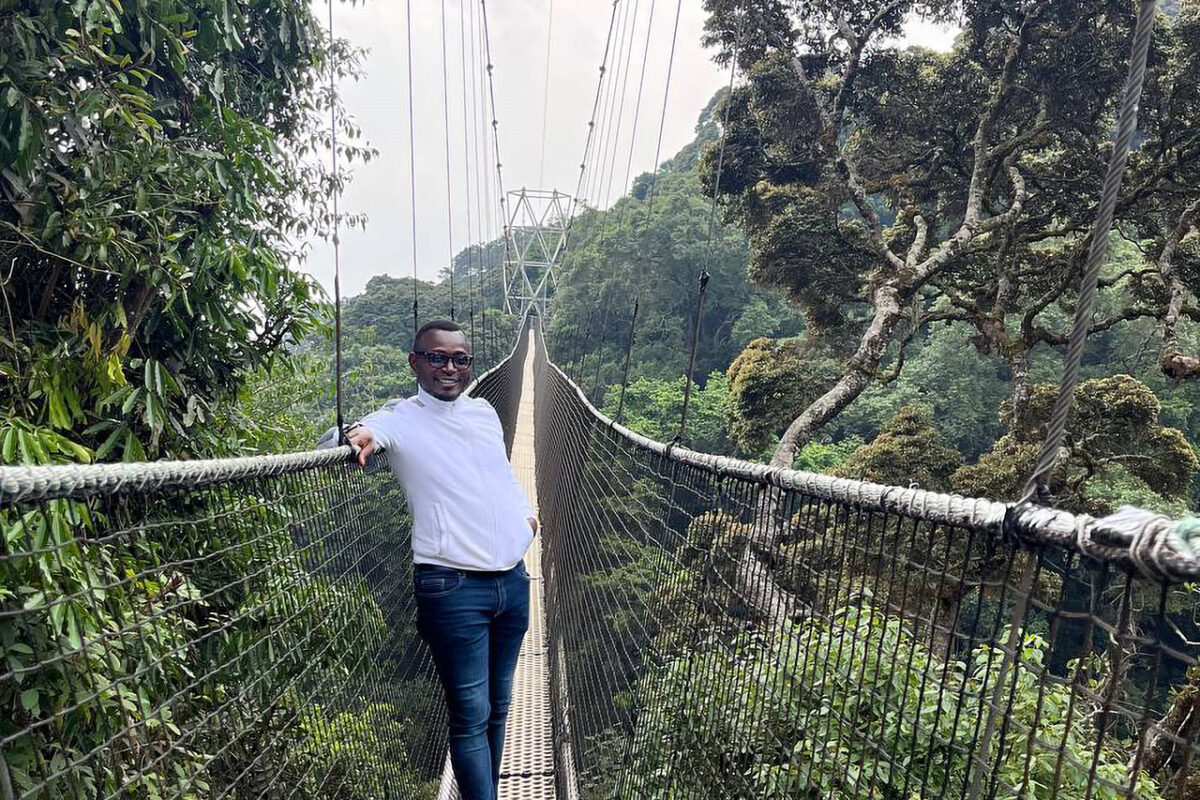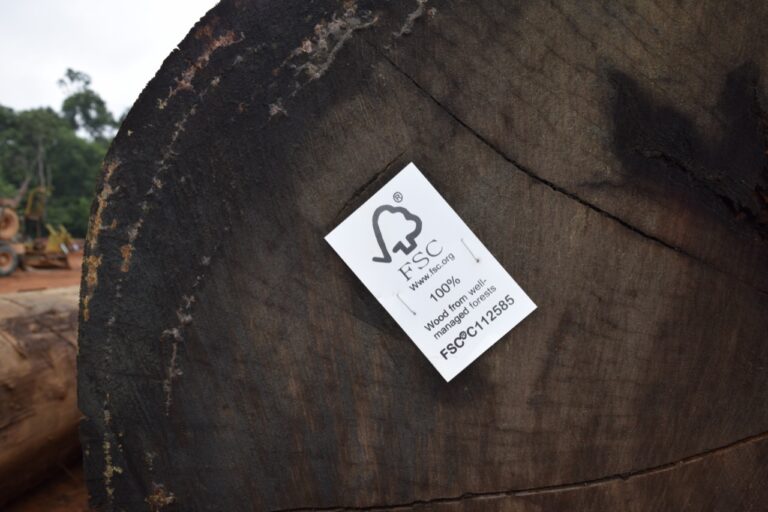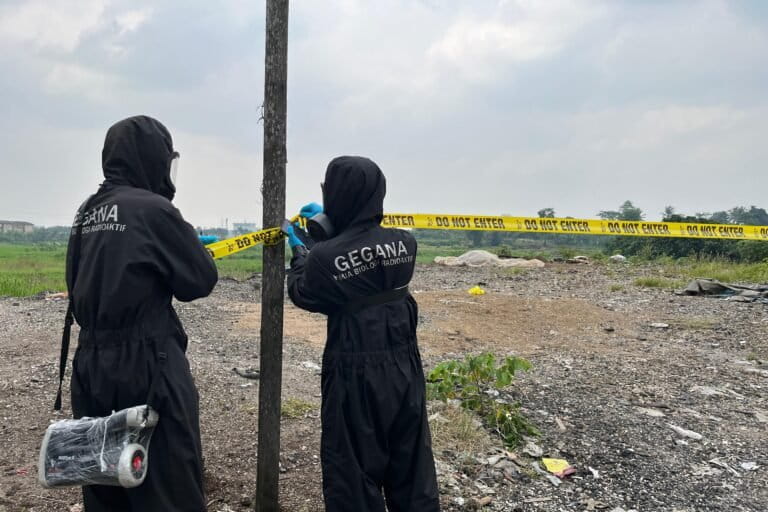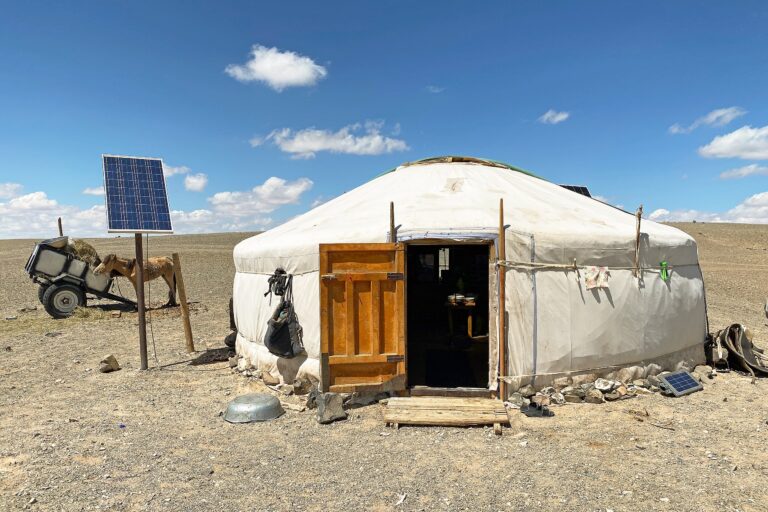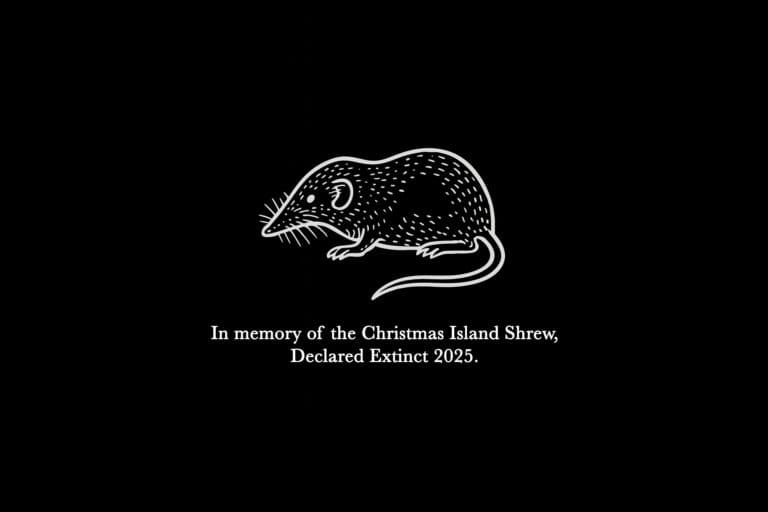- Nature crime constitutes one of the largest illicit economies in the world, inflicting devastation and destruction upon people and planet.
- On August 23, 2023, the Nature Crime Alliance officially launched as “a new, multi-sector approach to fighting criminal forms of logging, mining, wildlife trade, land conversion, crimes associated with fishing, and the illegal activities with which they converge.”
- Mongabay is a founding member of the alliance. In this post, our founder Rhett A. Butler explains why Mongabay is involved and how it will contribute.
- “We decided to join the alliance because we firmly believe that journalism can contribute to real-world outcomes by highlighting the significance of nature, fostering accountability for environmental destruction, and inspiring people to work towards solutions,” writes Butler. “On the nature crime front specifically, we believe that shedding light on the corruption, collusion, and undue influence that drive environmental degradation can pave the way for more effective policies around the management of natural resources.”
Today, more than 20 partners came together to establish the Nature Crime Alliance. This initiative seeks diverse approaches to help address illegal activities that leave our natural world a poorer place. Mongabay is proud to be one of the founding members.
We decided to join the alliance because we firmly believe that journalism can contribute to real-world outcomes by highlighting the significance of nature, fostering accountability for environmental destruction, and inspiring people to work towards solutions. On the nature crime front specifically, we believe that shedding light on the corruption, collusion, and undue influence that drive environmental degradation can pave the way for more effective policies around the management of natural resources. Such positive changes can manifest when stakeholders use the information from our reporting in their decision-making.

Our global coverage on these issues is powered by local journalists reporting from nature’s frontline in roughly 80 countries. Environmental crime frequently features in our reporting; our investigations often revolve around illicit activities like logging, mining, habitat conversion, and the wildlife trade. Some recent examples of our work on environmental crime include:
- Our investigation into the Tanah Merah project in Indonesia’s Papua province led a special parliamentary commission to revoke the certification of a major sawmill sourcing wood from the concessions. This action denied the sawmill its export rights for timber.
- Mongabay-Brasil’s probe into illegal land use and environmental damage in the Brazilian palm oil sector provided evidence for the Federal Public Ministry to hold a palm oil company accountable for water contamination in an Indigenous reserve in the Amazon.
- An exclusive expose into the activities of Dalian Ocean Fishing, one of China’s largest tuna fishing firms, found extensive illegal shark-finning operations within its fleet of longline fishing vessels. The report showcased the company’s use of prohibited fishing equipment to catch sharks in international waters at an unprecedented scale, leading to a gross undercount of China’s shark catch. Following this revelation by Mongabay, the U.S. imposed sanctions on DOF, referencing our exclusive report.
Understanding the importance of a united front against nature crime, the Nature Crime Alliance comprises governments, law enforcement agencies, international organizations, civil society groups, frontline defenders including Indigenous Peoples and local communities, donors, and the private sector.
Each member brings a unique contribution. Mongabay’s objective news reporting complements the alliance’s goals. We believe we can support this initiative without sacrificing our independence or objectivity – both of which are vital for our credibility as a journalistic entity.
Header image: Logging in Sumatra. Photo credit: Rhett A. Butler.



